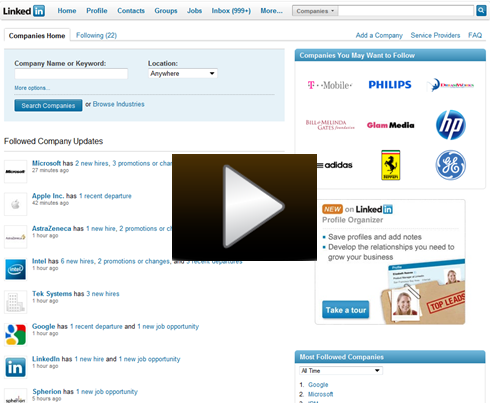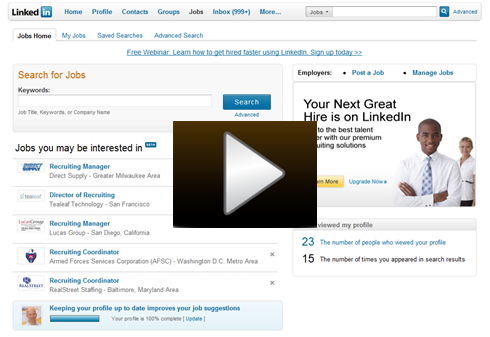by Steven Diebold (www.theladders.com)
Mixed messages can kill a campaign. And yet, people send disconnected messages all the time. This is part of the reason we learn not to trust them and even question their actions. Marketing messages or corporate communications are no different. What we say and do must match.
Let’s visit the definitions of congruence and continuity so we can see how these apply to marketing.
Congruence
As an abstract term, congruence means similarity between objects. It is a relation that implies a type of equivalence, but not complete equality. It can also be the quality or state of agreeing or coinciding. In psychology, congruence is a rapport within oneself, or internal and external consistency, perceived by others as sincerity or certainty.
With these definitions we can see how important the application of congruence is to an effective value proposition within a campaign. If you want to appear sincere and certain (and who doesn’t?), your value proposition and what you actually deliver must be consistent.
Make Your Case and Support It
For example, if you are creating a direct-mail campaign that has clearly identified an effective value proposition, use support statements that align with that original proposition. Though it seems obvious, sending any mixed messages can and will dilute the communication’s power. Each supporting message must synch up with the main idea. If your headline starts with one idea and your supporting statements veer off-track, you make your case weaker. The best way to think of this is to consider an attorney proving a case in a courtroom. The lawyer must explain the case with congruent emotional and logical arguments. If he brings in bad or irrelevant evidence, he's likely to lose the case. If anything is out of place in an argument, people lose trust in the presenter and start to question the case he is making.
Another example would be this article you are reading now. Every statement I make in this article needs to line up with what is promised in the headline or I start to lose focus and veer off-track from what made you read it in the first place. If I don’t deliver on it, then you just stop reading. Still with me? Good.
Continuity
In fiction, film and other media, continuity is understood to be the consistency of persons, plots, objects, places and events as seen by the reader or viewer. But how does it relate to marketing? Let’s use film and television production as an instructive example. Most productions have a script supervisor on hand who is paid solely to maintain continuity across the chaotic and typically nonlinear shoot. In a sense, this person is like the brand manager of the project. Their job takes the form of stacks of paperwork, photographs and an extremely detail-oriented memory. Their memory is often assembled into a ‘story bible,’ which usually includes scene notes and technical details, such as camera positioning and equipment settings. They also catalog images, using Polaroids or, more often today, digital cameras. All of this is done so that, despite perhaps being shot thousands of miles and several months apart, all parts of the story are told in a logical flow. If this job is done perfectly, the script supervisor, or brand manager, can often pass without notice.Make Sure Your Details Match Up
Continuity can be a bit more challenging. Every customer touch point should be evaluated to ensure that each message and experience is aligned. If there is any breakdown in this process, you will have opened up a weakness for a competitor to use against you. Let’s go back to the example of the attorney. Without doing her homework, from timelines to evidence to what was said and when, she will be unable to prove her case. Customers are just as, if not more, skeptical as a jury — and very discerning with their dollars. If your argument is weak and poorly developed, you risk losing your case, and thereby your market share. The best way to protect against this happening is to apply continuity and congruence to your value proposition.Build your case well and you will be rewarded.





